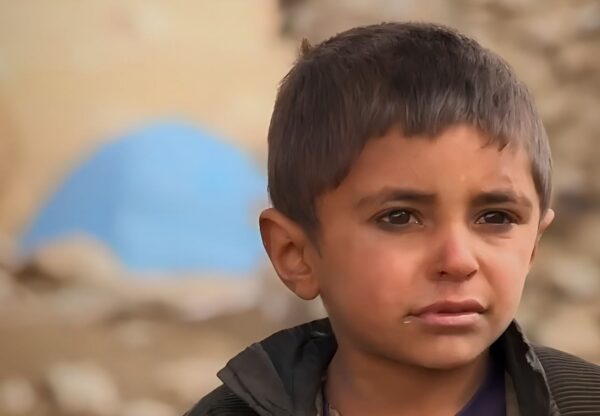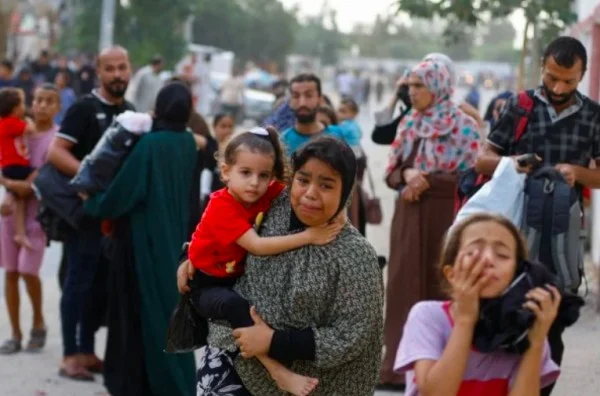I am a content writer for our islamic charity, a charity institution that works to help the poor and needy people around the world. I am also a part of the charity team, and I share the same vision and mission as you. We believe in the values of Islam, such as compassion, generosity, justice, and mercy. We also believe in the concept of Sadaqah Jariyah, which is a continuous charity that benefits the donor and the recipient even after death.
In this article, I want to tell you about some of the amazing projects that we do based on setting up small fruit gardens or any Sadaqah Jariyah projects or other empowerment that is on the agenda. These projects are designed to improve the lives of the people in different countries and regions, such as Africa, Asia, and the Middle East. We aim to provide them with sustainable sources of income, food, and water, as well as education, health care, and social services.
I hope that you will enjoy reading this article and learn more about our work and our projects. I hope that you will also feel inspired and motivated to support us with your prayers, your donations, your feedback, and your suggestions. I hope that you will also join us in our journey of making a positive difference in this world.
The Fruit Garden Project
One of the examples of our projects is the fruit garden project. This project involves planting fruit trees in areas where there is enough water and soil for them to grow. The fruit trees provide shade, oxygen, and beauty to the environment. They also produce fruits that can be eaten by the people or sold in the market. The fruits can also be used to make jams, juices, or other products. The fruit trees are a gift that keeps on giving, as they can last for many years and produce more fruits every season.
The fruit garden project is a great way to help the people who live in poverty and hunger. It gives them a source of nutrition and income that they can rely on. It also gives them a sense of dignity and empowerment that they can manage their own resources and livelihoods. It also gives them a chance to improve their skills and knowledge in agriculture and business.
The fruit garden project is also a great way to earn rewards from Allah for ourselves and our loved ones. It is a form of Sadaqah Jariyah, which means that we will continue to receive blessings from Allah for as long as the fruit trees are alive and benefiting others. It is also a way to show our gratitude to Allah for all the blessings He has given us in this life. It is also a way to follow the example of Prophet Muhammad (peace be upon him), who said: “If any Muslim plants any plant and a human being or an animal eats of it, he will be rewarded as if he had given that much in charity.” (Sahih al-Bukhari)
We have planted many fruit trees in different countries, such as Kenya, Somalia, Pakistan, Yemen, and others. We have seen the positive impact of these trees on the lives of the people and the environment. We have received many testimonials from the beneficiaries who have expressed their happiness and appreciation for our work.
We hope that you like these pictures and see how beautiful and fruitful these gardens are.
The Water Well Project
Another example of our projects is the water well project. This project involves digging wells in areas where there is a shortage of clean water. The wells provide access to safe and pure water for drinking, cooking, washing and irrigation. The wells also prevent diseases and infections that are caused by contaminated water. The wells are a lifeline for the people who depend on them for their daily needs.
The water well project is a vital way to help the people who suffer from thirst and dehydration. It saves them from walking long distances to fetch water from unsafe sources. It reduces their risk of getting sick or dying from waterborne illnesses. It improves their health and hygiene conditions. It also increases their productivity and efficiency in their work and education.
Our Budget And How We Manage It
We want you to know that we are very transparent and accountable in our work. We provide all these items in the project reports to the respected donors. We tell you how much each project costs, how many people benefit from it, how long it takes to complete it, and what challenges we face along the way. We also show you pictures and videos of the project sites and the beneficiaries.
We also want you to know that we are very careful and efficient in managing our budget. We try to minimize our expenses and maximize our impact. We use local resources and labor as much as possible. We also collaborate with other organizations and partners who share our goals and values.
Sometimes, our projects have a limited budget and this project can be more or less than the budget in practice. This depends on various factors, such as the size of the project, the location of the project, the availability of materials and equipment, the exchange rate of currencies, and so on.
If the projects have spent an amount less than the considered budget, the surplus of this amount is stored for the future project of the same type of project. For example, if we have some extra money left from a fruit garden project, we will use it for another fruit garden project in another area or country. This way, we can help more people with the same kind of project.
If the projects have spent more than the considered budget, the difference in the lack of budget will be paid from charity and other donations. For example, if we need more money for a water well project, we will use some of our general funds or donations from other sources to cover the gap. This way, we can ensure that the project is completed without any delay or compromise.
We hope that this article has given you some insight into our work and our projects. We hope that you will support us with your prayers, your donations, your feedback, and your suggestions. We hope that you will join us in our journey of making a positive difference in this world.
Thank you for reading this article. May Allah bless you and reward you for your generosity and kindness.
Peace be upon you.














